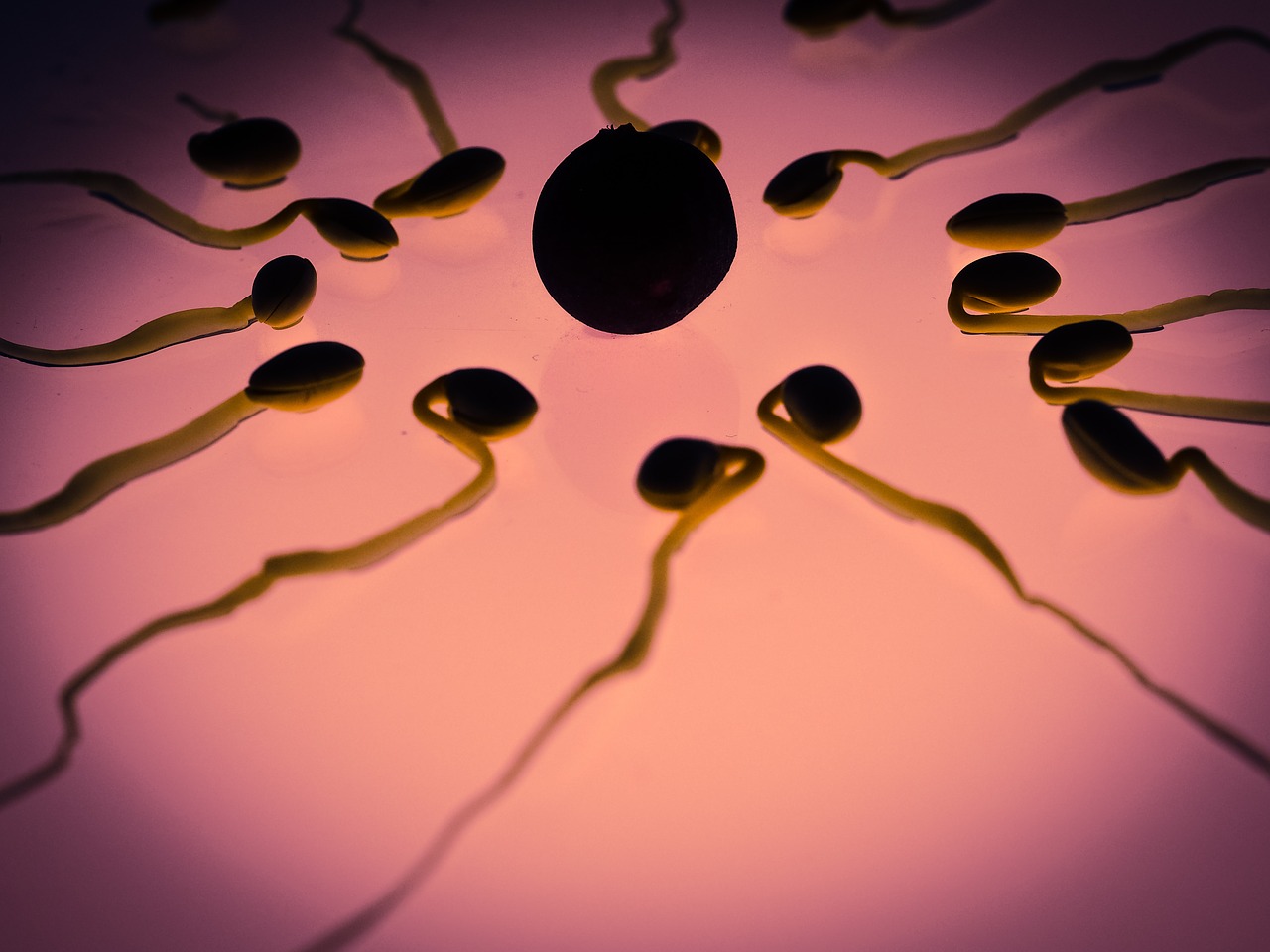
A new study, published in the Journal of Medical Ethics, has argued that sperm donations taken from men after they are dead should be allowed in the UK.
The researchers claim that opt-in sperm donations from dead men could be a "morally permissible" way of increasing the stocks available in the UK. Currently, the country faces a growing shortage of donations due to strict regulations.
In 2017, sperm donations have resulted to 2,345 babies born in the UK.
The scientists mentioned that after death, sperm can be collected either through electrical stimulation of the prostate gland or via surgery, and can be frozen afterwards. The researchers found that sperm taken from men who have died can still result in viable pregnancies and healthy children, even when collected up to 48 hours after death has occurred.
Dr. Nathan Hodson, from the University of Leicester, and Dr. Joshua Parker, from Manchester's Wythenshawe Hospital, argued that sperm donation after death falls into a similar category as organ donation.
They argued: "If it is morally acceptable that individuals can donate their tissues to relieve the suffering of others in 'life-enhancing transplants' for diseases, we see no reason this cannot be extended to other forms of suffering like infertility."
However, they admit that it could raise questions about consent and family veto, as well as about the integrity surrounding the anonymity of the donor.
Former donor Jeffrey Ingold said he believes that allowing donations after death could convince more men to consider becoming donors. He pointed out: " I do not see how introducing a system that makes sperm donation similar to organ donation could be anything other than a good thing."
"For me, donating sperm was never about my own genes or anything like that, but it was about helping friends in need. I also think that having this kind of process might go some way in challenging the stigma or preconceived ideas society has about sperm donation," he added.






